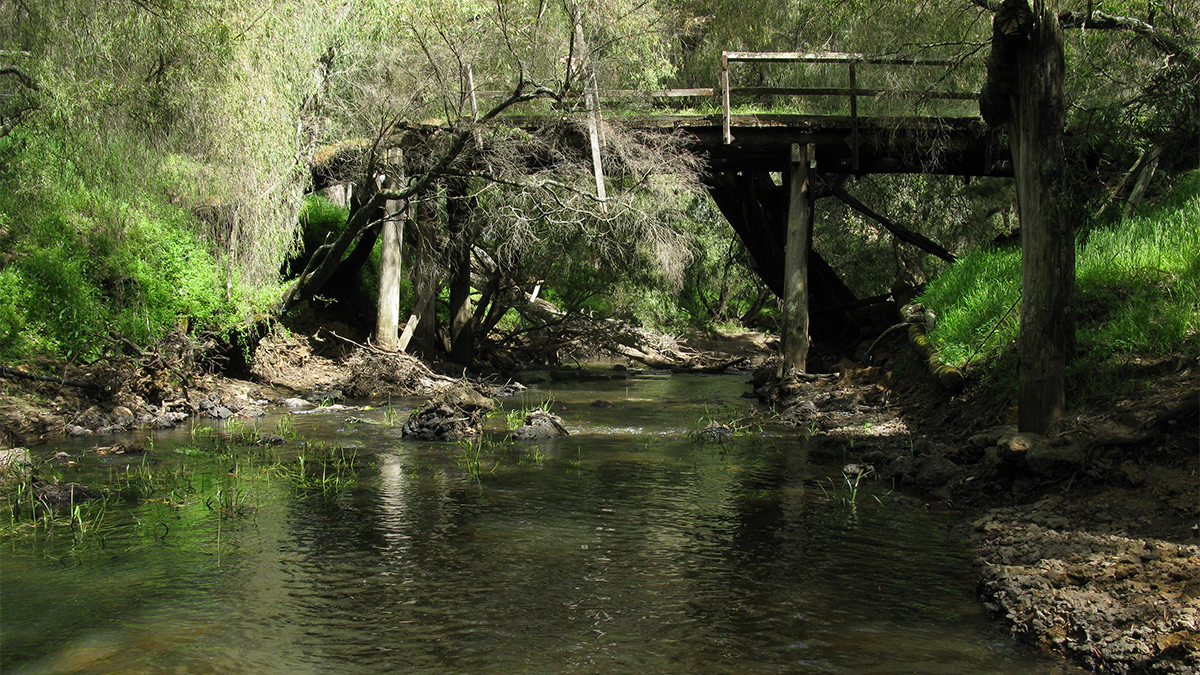Ferguson River

Nestled within the heart of Western Australia’s South West region lies the Ferguson River, a waterway of profound cultural importance. It is a tributary of the Preston River. For centuries, this majestic river has served as more than just a source of water—it has been a sacred lifeline, a place of spiritual connection, and a repository of cultural heritage for the Indigenous peoples who call its banks home. In this comprehensive exploration, we delve into the rich tapestry of traditions, beliefs, and customs that make Ferguson River culturally significant, uncovering the stories and legacies that continue to shape its identity.
I. Indigenous Connections: Guardians of Cultural Heritage
The cultural significance of Ferguson River begins with its deep connections to the Indigenous peoples who have inhabited the region for thousands of years. For the Noongar, Yamatji, and Wardandi peoples, the River is not only a physical landmark but also a spiritual and cultural nexus—a place imbued with ancestral connections, traditional knowledge, and sacred rituals. Through their intimate relationship with the land and its resources, Indigenous communities have maintained a profound reverence for Ferguson, preserving its cultural heritage and passing down traditional practices from generation to generation.
II. Spiritual Significance: Honoring Ancestral Traditions
Central to the cultural importance of Ferguson River is its role as a spiritual sanctuary—a place where Indigenous peoples gather to connect with their ancestors, seek guidance from the land, and perform sacred ceremonies. The river’s tranquil waters, lush vegetation, and abundant wildlife provide a natural backdrop for spiritual reflection and renewal, fostering a sense of belonging and connection to the land that transcends time and space. Through song, dance, storytelling, and other cultural expressions, Indigenous communities pay homage to Ferguson’s spiritual significance, ensuring that its cultural heritage remains alive and vibrant.
III. Traditional Practices: Sustaining Cultural Identity
The cultural importance of Ferguson River is also evident in the traditional practices and customs that continue to thrive along its banks. From fishing and hunting to gathering bush tucker and medicinal plants, Indigenous peoples rely on the river’s resources for sustenance, healing, and cultural survival. These traditional practices not only sustain Indigenous communities’ physical well-being but also reinforce their cultural identity and resilience in the face of ongoing challenges and disruptions. By maintaining age-old traditions and passing on ancestral knowledge to future generations, Ferguson’s cultural significance endures as a beacon of Indigenous heritage and wisdom.
IV. Cultural Heritage Preservation: Safeguarding the Legacy
In recent years, there has been a growing recognition of the importance of preserving Ferguson River’s cultural heritage for future generations. Organizations such as the Ferguson River Aboriginal Corporation and local Indigenous groups are working tirelessly to document, protect, and promote the cultural significance of the river, ensuring that its stories, traditions, and customs are safeguarded for posterity. Through community-led initiatives, cultural festivals, and educational programs, efforts are underway to raise awareness about Ferguson’s cultural importance and foster greater respect and appreciation for Indigenous knowledge and perspectives.
V. Community Engagement: Building Bridges Across Cultures
One of the most significant aspects of Ferguson River’s cultural importance lies in its ability to bring people together across cultures, backgrounds, and perspectives. Through collaborative partnerships and community engagement initiatives, Indigenous and non-Indigenous peoples are coming together to celebrate, learn, and share in the cultural richness of Ferguson. By fostering mutual respect, understanding, and reconciliation, these efforts are helping to build bridges across cultures and create a more inclusive and harmonious society where Ferguson River’s cultural significance is valued and respected by all.
VI. Conclusion: Embracing Cultural Diversity
In conclusion, the cultural importance of Ferguson River serves as a powerful reminder of the enduring legacy of Indigenous peoples and their profound connections to the land. Through their spiritual traditions, traditional practices, and cultural heritage preservation efforts, Indigenous communities have upheld Ferguson as a sacred and culturally significant place, enriching the region’s identity and heritage in the process. As we continue to embrace and celebrate the cultural diversity of Ferguson, may we also recognize the importance of listening, learning, and working together to honor its cultural significance and ensure that its stories and traditions are cherished for generations to come.
Know More about the Ferguson River.
What are The Religious Places of the Ferguson River?
When Did The Ferguson River Basin Become a Focus?
Where is The Ferguson River Located?
Who Were The Key Historical Figures and Civilizations of The Ferguson River?
How to Reach Ferguson River?




